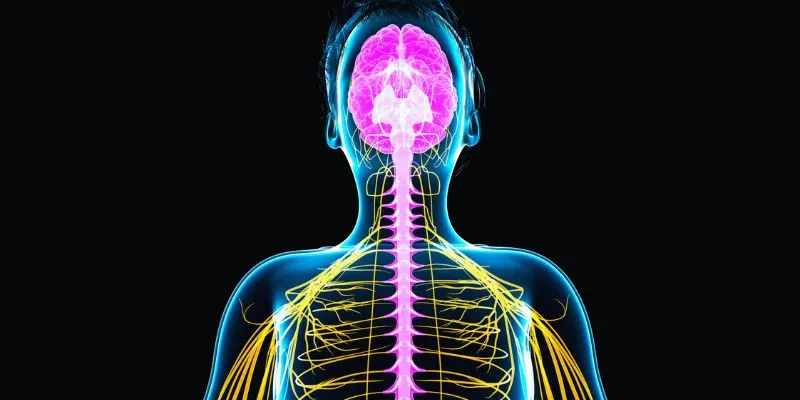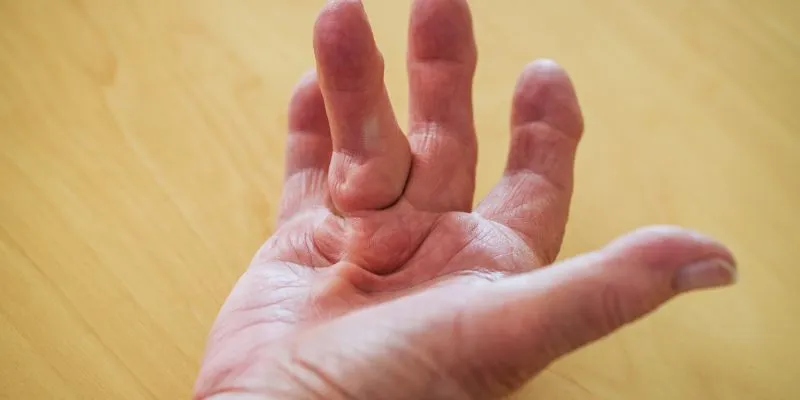Health Benefits Of Regular Stretching
Regular stretching is essential for maintaining overall health. It enhances flexibility, reduces muscle tension, and helps prevent injuries. Many people assume stretching is only for athletes or fitness enthusiasts, but it offers significant health benefits for individuals of all ages and activity levels. Consistent stretching improves mobility and boosts blood circulation.
In this article, we explore the various ways stretching can enhance your general health. Learn how it can benefit both your mental and physical well- being, from pain relief to increased energy levels. Discover how to incorporate stretching into your routine for a more flexible and healthier body. Read on to find out how simple stretches can significantly improve your daily mood.

The Health Benefits Of Regular Stretching
Here are the key health benefits of stretching daily that can enhance your physical and mental well-being:
Improves Flexibility and Mobility
Flexibility is crucial for performing daily tasks with ease. Stretching increases your muscles’ range of motion and promotes growth. Over time, your movements become smoother and more controlled. Regular stretching keeps your joints flexible, reducing the risk of stiffness and injury. Enhanced flexibility also improves posture, as tight muscles often lead to misalignment. Stretching releases this tension, maintaining balanced posture. This is especially beneficial for those in physically demanding jobs or who spend long hours sitting. Improved flexibility also enhances athletic performance, making activities like swimming, running, or weightlifting more efficient. Better mobility makes bending and stair climbing easier and more comfortable.
Reduces Muscle Tension and Stress
Muscle tension caused by stress can lead to pain and discomfort. Stretching alleviates this tension and promotes relaxation. After a long day, simple stretches help you unwind and calm your mind. Stretching releases endorphins, natural mood enhancers that help you feel more relaxed and happier. By expanding your chest and diaphragm, stretching also improves breathing, allowing for deeper relaxation. Yoga and stretching exercises are particularly effective for stress reduction. Poses like the child’s pose or cat-cow stretch release tension in the shoulders and back. With these benefits, stretching is an excellent addition to any stress-reducing routine.
Enhances Blood Circulation
Stretching boosts blood flow to your muscles and tissues. Improved circulation ensures that oxygen and nutrients reach your muscles efficiently, speeding up recovery after inactivity or exercise. Better circulation also contributes to heart health, reducing the risk of cardiovascular issues and improving arterial function. In some cases, it lowers blood pressure by relaxing constricted blood vessels. Stretching specific areas, like your legs or lower back, can prevent pain and stiffness, especially after prolonged sitting or intense activity. Consistent stretching keeps your cardiovascular system active and energized.
Prevents Injuries and Relieves Pain
Stretching before physical activity warms up your muscles, preparing them for use. Warm muscles are less likely to strain or tear during activity. Dynamic stretches, such as arm circles or leg swings, are particularly helpful in preventing injuries. Stretching also alleviates chronic pain caused by muscle imbalances or tightness. For instance, tight hamstrings or hip flexors can lead to lower back pain. Stretching these areas reduces discomfort by releasing tension. Regular stretches benefit individuals with conditions like fibromyalgia or arthritis, as gentle movements help maintain joint flexibility and reduce stiffness. By addressing the root cause of pain, stretching enhances your quality of life.

Boosts Energy and Mental Focus
Stretching increases blood flow and oxygen delivery to the brain, improving mental clarity and concentration. Stretching during work breaks helps combat fatigue and maintain alertness. Certain invigorating stretches, such as standing forward folds or side bends, energize your body and counteract the sluggishness from prolonged sitting. Morning stretches set a positive tone for the day, boosting energy levels and releasing stiff muscles. Relaxing stretches before bed can also improve sleep quality by calming the body and mind.
Improves Posture and Balance
Poor posture can lead to restricted mobility and chronic pain. Stretching strengthens muscles that support proper alignment. Slouching creates tension in the back, shoulders, and neck; stretching these areas alleviates discomfort. Regular stretching enhances muscle control and stability, improving balance. This is crucial for older adults to reduce the risk of falls. Simple stretches, like single-leg stands or the tree pose, enhance balance perception. Combining stretching with strength training helps your body achieve better balance, resulting in improved posture and reduced daily discomfort over time.
Supports Mental Health
Stretching benefits your mind as much as your body. It promotes relaxation, reduces anxiety, and enhances mood. Stretching is often practiced mindfully, focusing on breathing and movements. This mindfulness helps release tension caused by stress, leading to emotional release. Incorporating stretching into your daily self-care routine supports mental health. Group stretching, such as in yoga or fitness classes, fosters a sense of community. Sharing this experience with others can boost mental well-being and motivation.
Conclusion:
Consistent stretching is a simple yet powerful way to enhance mental and physical wellness. It reduces muscle tension and stress while improving flexibility, mobility, and posture. Stretching aids recovery and promotes heart health by improving blood circulation. It helps you stay active and engaged by preventing injuries, relieving pain, and boosting energy levels. Stretching enhances mental health by promoting focus and relaxation. Whether your goals are to feel more energized, reduce stress, or improve balance, incorporating stretching into your routine is beneficial. Start today to enjoy a healthier, more flexible, and balanced life.











